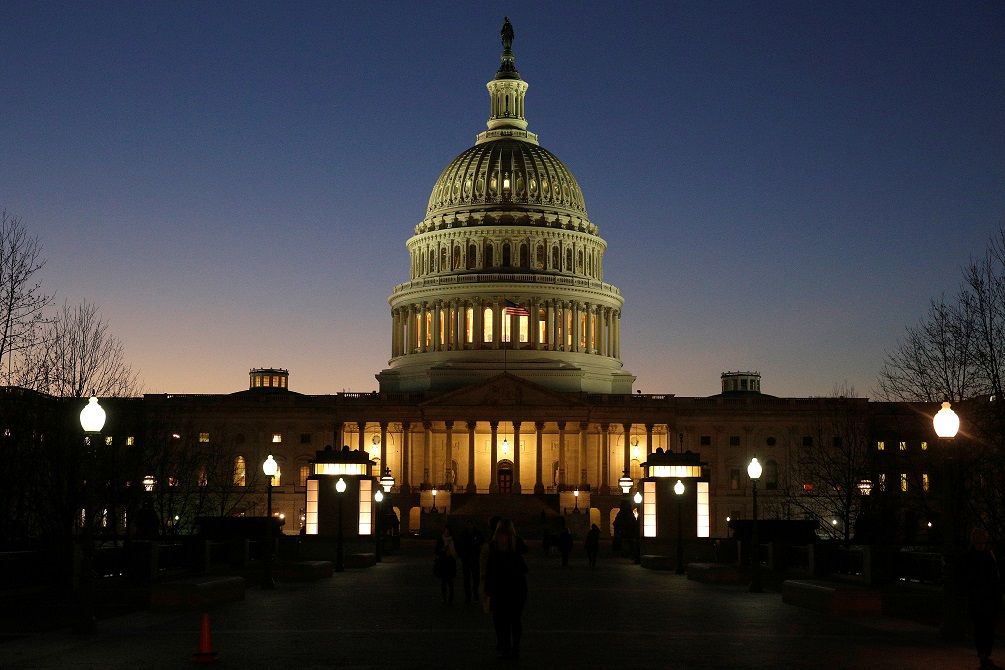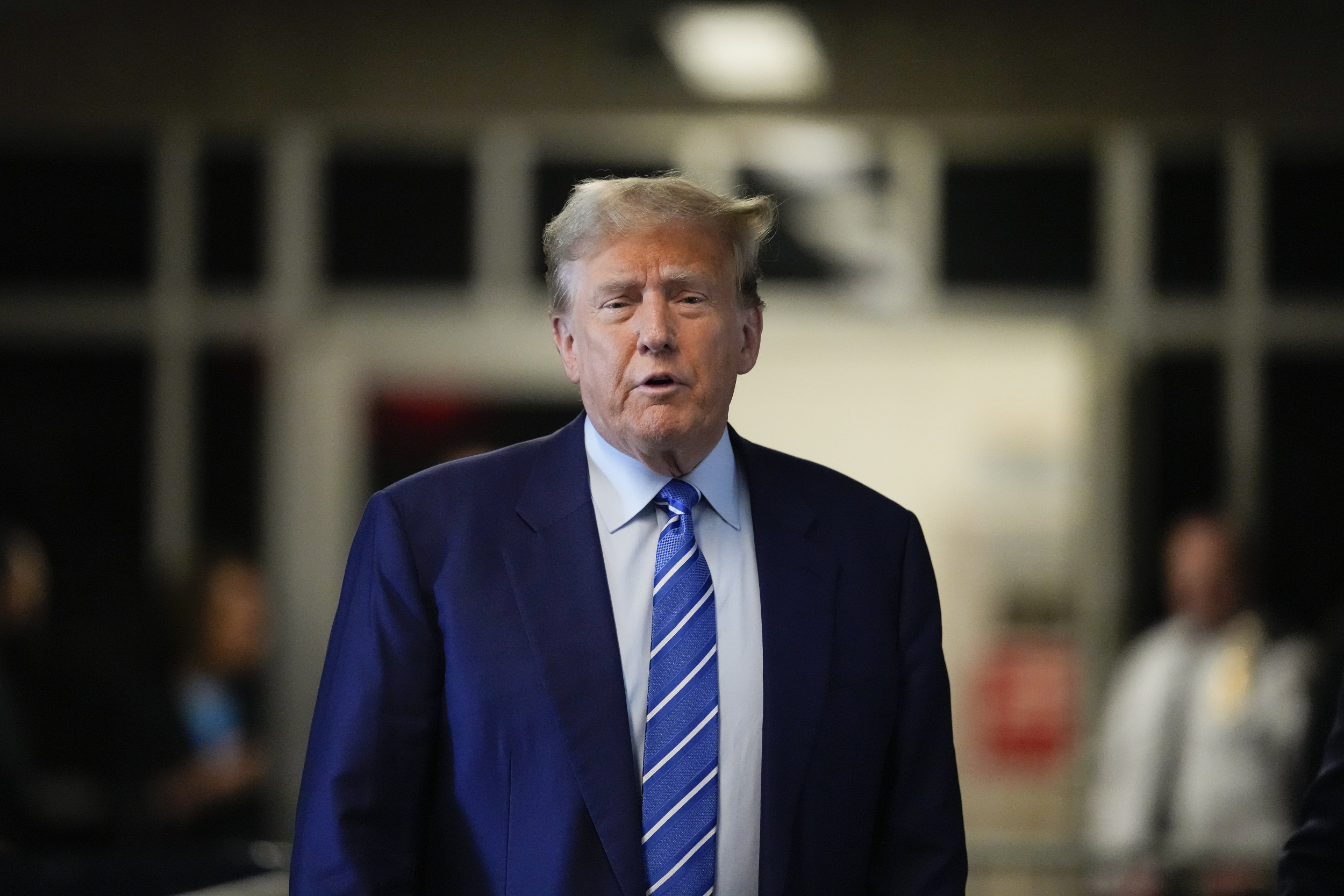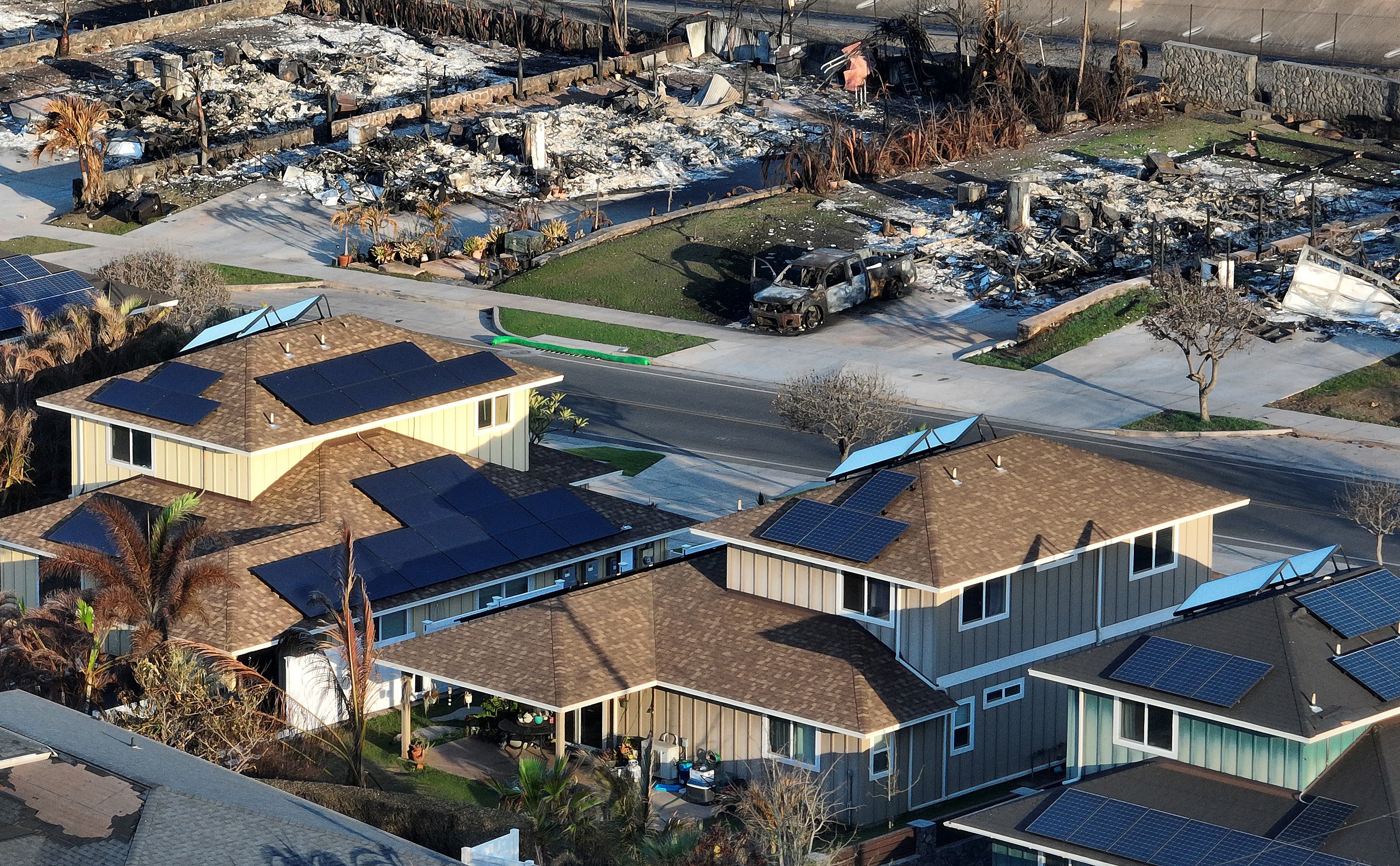
Your Internet Service Provider knows more about you than your family does. They know what kind of underwear you buy. They know about the health problem you just Googled. They know what videos you watch. Yes, even those videos.
When we connect to the internet on our phones, tablets, and computers, we trust companies like Comcast, Verizon, and AT&T to keep the intimate details of our lives—as well as our sensitive data like credit card information and social security numbers—safe and private.
But outrageously, Congress just voted to gut internet privacy rules and allow those companies to monitor, collect, store, and sell information about our online activity to the highest bidder.
That means marketers and data brokers will be able to purchase not just your browsing history, but enough information to build a near-complete profile of who you are: How much money you make, where you go, your political and religious views, and what products you buy.
Even creepier, without these rules, your internet provider can install undetectable software on your phone to track your activity in real-time, inject advertisements into your web browsing and show them on websites where you normally wouldn't see ads, and undermine the basic encryption technology that keeps all of us secure as we use the internet.
All of these practices not only intrude on our privacy, but they fundamentally undermine our ability to use the internet safely. By punching holes in our digital security and collecting vast troves of highly sensitive information, ISPs will put all of us at risk and make the most private details of our lives vulnerable to hackers and identity thieves.
Companies like AT&T have already been caught red-handed selling their customers' private data to the government and law enforcement agencies. By voting to strike down the broadband privacy rules that the public fought for, Congress is also voting to dramatically expand and enable the U.S. government's overly broad mass surveillance programs.
So what now? This bill to decimate our internet privacy will soon head to the president's desk for signing, so everyone who cares about their basic right to use the internet safely should speak out and ask the president to veto this measure. There has been a surge in criticism coming directly from Donald Trump's supporters on this issue, so we have a real chance of convincing him to stop this outright attack on our internet freedom and privacy.
But this vote is also a reminder that we can't depend on the government to protect our privacy and security. In this day and age, everyone—regardless of who they are—needs to be taking basic steps to protect themselves online. My organization Fight for the Future has launched an easy-to-use guide called #GetSafe that makes it simple for even the most technologically challenged among us to take the first steps toward defending ourselves from corporate, government, and criminal intrusions into our private lives.
But in the end, even the most tech-savvy among us are not safe in a world where the companies that connect us to the internet are allowed to profit by spying on us and selling the information they collect. A Virtual Private Network (VPN) will protect you from a lot more of the freaky stalking than your ISP, but not all of it.
That's why, while it's critical that we all educate ourselves about the simple things we can all be doing to secure our phones and computers, the most important thing we can do is to build a mass movement with real political power that can hold corporations and the government accountable, and demand that they respect our basic right to use the internet without fear of being watched.
Fight for the Future is crowdfunding to put up billboards that list the names of the lawmakers who voted to strip away our online privacy rights. More than anything else, we need to make sure that—come election time—the politicians who robbed us of our internet freedom come to regret that decision.
At its best, the internet makes our society more open and democratic. We need to fight to make sure that lawmakers don't use it for the opposite: To spread totalitarianism, corporate scams, and fear. This vote in Congress was a blow to our basic rights, but it's what we do now that matters most.
Evan Greer is an activist and musician based in Boston. She's the campaign director of Fight for the Future, an internet rights nonprofit that works to protect freedom of speech in the digital age. Follow her on Twitter @evan_greer
Uncommon Knowledge
Newsweek is committed to challenging conventional wisdom and finding connections in the search for common ground.
Newsweek is committed to challenging conventional wisdom and finding connections in the search for common ground.
About the writer
To read how Newsweek uses AI as a newsroom tool, Click here.








